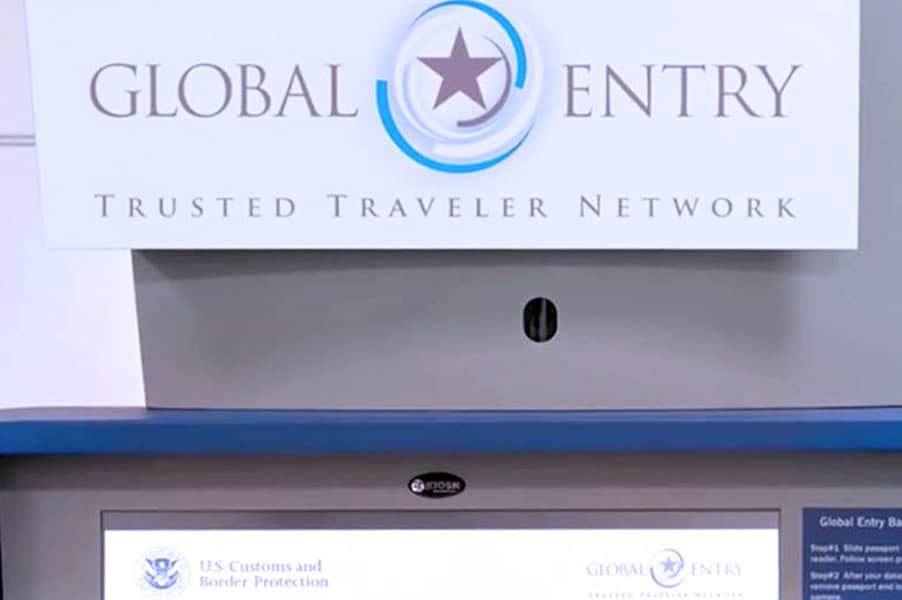Costa Rica took a big step forward, by officially joining the U.S. Global Entry program, a move set to make travel smoother for Costa Ricans and Americans alike. U.S. Homeland Security Secretary Kristi Noem sealed the deal during a visit to San José’s Presidential House, signing an agreement alongside Costa Rican President Rodrigo Chaves. The program, known since 2023 as the Trusted Traveler Program, lets pre-approved, low-risk travelers breeze through immigration at 53 U.S. airports and select international checkpoints.
Noem didn’t hold back on what this means for Costa Rica, where tourism drives 6.3% of the economy. “We signed the Global Entry agreement today,” she said at a press conference. “Your economy leans heavily on tourism, with tons of Americans coming to kick back. This will speed up their entry, making travel easier.” With 2.75 million tourists in 2023—half the country’s population—the agreement is a game-changer for Costa Rica, especially for U.S. visitors who flock to its beaches and rainforests.
The Costa Rican-North American Chamber of Commerce (AmCham) and the National Tourism Chamber cheered the news, saying it’ll make trips to and from the U.S. quicker and more appealing. Costa Ricans will soon skip long immigration lines at major U.S. hubs like Miami, Dallas, and New York, using Global Entry kiosks for a “fast lane” experience. The setup also encourages Americans to visit Costa Rica, knowing their return to the U.S. will be hassle-free.
Omer Badilla, Costa Rica’s Immigration Director and Vice Minister of the Interior, said the two countries are ironing out the final tech details to get the system running. “We’re in the implementation phase, fine-tuning the technology,” Badilla explained. “Give us two or three weeks, and we’ll have it up and working smoothly.” The process involves linking Costa Rica’s systems with U.S. Customs and Border Protection, a step Foreign Minister Arnoldo André noted was nearly complete in February.
Global Entry’s rollout builds on years of U.S.-Costa Rica cooperation, from border security to tourism growth. Many have called it a win for travelers and a boost for ties with the U.S.






